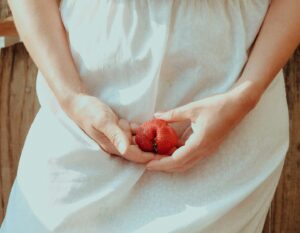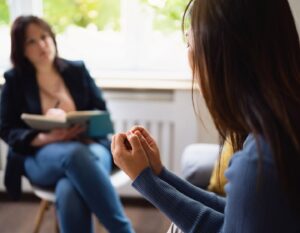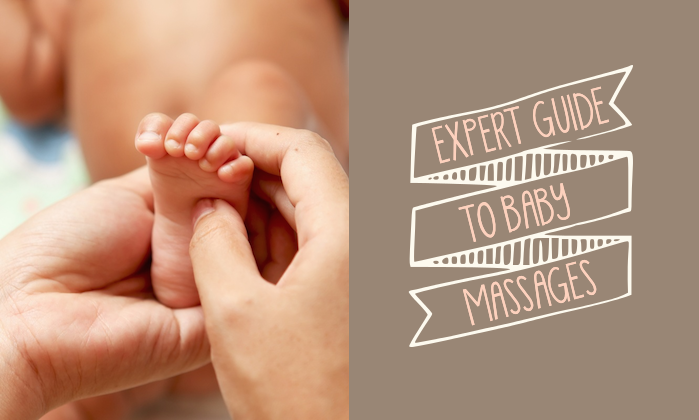
 Post Category - ParentingParenting - Post Category - BabyBaby
Post Category - ParentingParenting - Post Category - BabyBabySo many mamas rave about baby massage. But what exactly is it? Is there a specific technique or can you just make it up as you go? And what exactly are the benefits? Infant massage instructor (what a cool job!) Amy Vogelaar answered all our questions below…
![]()
What is baby massage?
Baby massage simply means touching your baby, but doing so in a mindful, conscious and nurturing way. Baby massage fosters communication between parent and baby. Parents touch and care for their babies hundreds of times each day, but we don’t often take the time to sit down and do it so consciously. When doing massage, unlike when we are just cleaning or dressing baby, we tune into our baby’s behaviors and cues to understand what he is communicating. We make sure our baby wants to be massaged and we observe baby to see how he likes to be touched: when in his day is best for him to be massaged? Which body parts does he like to have massaged? How much pressure does he enjoy? Does he want to have eye contact while he is massaged or does he prefer to look away while enjoying the sensations? Does he like mum to sing or play games while massaging, or does he prefer some quiet background music, or perhaps quiet? Each baby is unique and your baby will teach you how to massage him as long as you “listen” to him.
Who can do it?
Anybody can massage their baby. Most classes here in Hong Kong are geared to mothers, but dads are also great at it and can find it very enjoyable and relaxing. Dads may not get a lot of time with baby during the day, so a nice massage before or after bath time in the evening can be a wonderful way to connect (and give mum a little break!). Other family members, including big brothers or sisters and grandparents can also learn to do the massage strokes. Nannies and child minders may also be taught to do some of the strokes by the parents if you wish, but classes are typically geared for the parents. I always tell mothers that baby massage shouldn’t become just one more thing that you feel guilty about if you didn’t get to it today or even this week. It should be an enjoyable part of your day or your week that you find relaxing and fun, not a chore. If it didn’t get done today, there is always time tomorrow, no harm done!
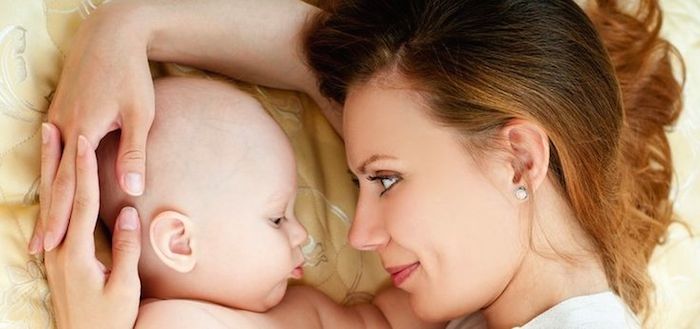
When can one start massaging their baby?
The International Association of Infant Massage approach is suitable from birth until age 1, but in my experience mothers don’t really enjoy the class once baby is crawling. Some other baby massage classes have you wait until baby is 6-8 weeks old. Babies who are very young will definitely have a very short attention span for massage and are less likely to get much massage during the class session, as they will be sleeping and feeding much of the day. But a newborn can receive huge benefits from massage, so I wouldn’t discourage parents from starting at that age. Newborns often have wind, gas, colic, reflux, and other tummy upset, all of which can be soothed with massage. Parents who attend the class with a newborn will still learn all the strokes and gentle movements and will go home with diagrams to help them remember everything, and they then can offer the massage at home when the baby is awake and alert and ready for it. And you can continue to use the same massage strokes throughout baby’s infancy and childhood. In addition, the social aspect of the classes is extremely helpful for new mothers, and receiving support and making friends can help tremendously with the adjustment to motherhood.
Can you give us a basic break down of how to massage your baby?
Start by asking your baby is s/he would like a massage. We use visual and other sensory cues to help them understand what we are asking, showing them our hands as we warm the oil and other signals that we are preparing for a massage, and we observe their physical and facial responses and noises — you would be amazed to see how much they can communicate even without verbal language. When you take a baby massage class you will learn specific strokes for all the parts of the body. Parents are the experts of their own child and your baby will teach you what he or she likes, so you can adapt the strokes, the amount of pressure, the number of times you repeat them, what order you go in, what body parts to start and finish with or focus on and all of that to what suits your baby and you. Babies’ attention span and likes and dislikes will also change significantly as they grow and mature, but as long as you follow their lead you can’t go wrong. The 2 main points of it are the nurturing touch and the communication between you and your baby. The only strokes that you really must follow the directions are tummy strokes — stroke the tummy in a clockwise and or downward direction to work with the digestive system and not against it.
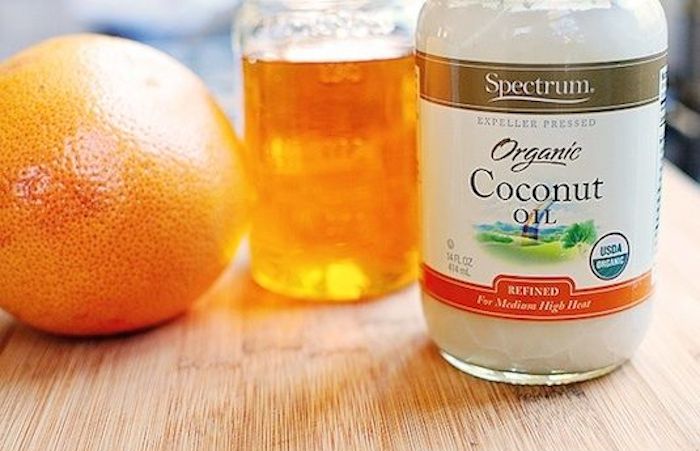
What oils/tools do you need too?
Food oils, preferably organic, are best as they will likely make it into baby’s mouth and are absorbed into the skin. Baby oil or mineral oil is petroleum based and is not recommended. It also leaves a greasy film on the baby, whereas the food oils will be absorbed and will help with moisturizing the skin. Olive oil has been used quite a bit, but some recent research shows it may worsen eczema if baby has it, so we now recommend organic, unscented sunflower oil. Cold pressed oil is best because this means that it was not extracted with heat or chemicals that can alter the oil. Also, we want unscented oils for babies. Babies have a very powerful sense of smell, and scented oils or essential oils can be too strong for them and will just upset them. They can also interfere with the baby’s ability to smell their mother’s natural smells of skin, milk, and such, which are a powerful part of the bonding process for infants. If you or baby don’t like to use oil, you can use the creams or lotions you already use on baby’s skin, or you can use corn flour (cornstarch) instead to help your hands slide over baby’s skin. You can also just massage over dry skin and even over baby’s clothing if baby doesn’t like to be undressed.
Are there courses one can do in Hong Kong?
There are a number of courses available in Hong Kong. Annerley offers a number of antenatal baby massage courses, guided by their expert team of practitioners. You can enroll in private one-on-one courses or group lessons at Baby and Me Massage, which is run by a fully-qualified instructor trained at Matilda Hospital. Or check out Baby Massage Hong Kong for individual or group classes that teach pressure, rate, rhythm and repetition of infant massage techniques.
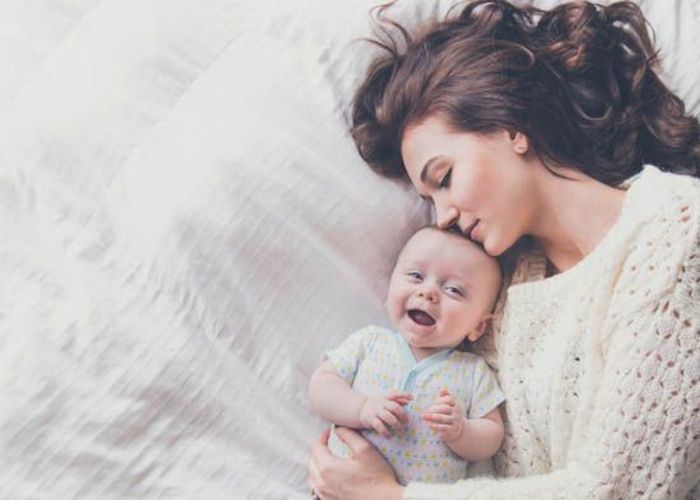
What are the benefits of baby massage?
There are many benefits for baby, including promoting bonding and secure attachment, verbal and non-verbal communication, sensory learning, the development of trust and confidence, and feelings of love, respect and being valued. All of the body systems are stimulated, including circulation and digestion, hormonal and immune systems, coordination and balance, muscle development and growth, and mind-body awareness. Massage can help to relieve colic, gas, constipation and other digestive discomforts. It can also help with growing pains, muscle tension, and teething discomfort. Massage also promotes relaxation, which can help with improving sleep patterns, increased flexibility and muscle tone, regulation of infant behavioral states and reducing stress hormones.
Does it benefit the mum too?
Mums also find baby massage to be relaxing and calming. It helps mums to understand their baby’s communication and behavior, and gives them another tool to soothe and relax and nurture their baby. It increases bonding for parents as well as babies and increases confidence in their abilities as a parent. One of the worst parts about being a new parent is feeling you don’t understand what your baby needs or feeling that you can fix the hurt or upset. Having some more understanding and tools can make all the difference. Also, the social aspect is invaluable and the support from the instructor and the other parents in the group can make a huge difference for a new parent. Finally, you can make friends in your baby massage class who will be your friends and your baby’s playmates for many years to come.
Are there any spots you should never massage?
Not really, as long as you observe your baby and follow his/her preferences. Some babies love tummy massage, others hate it. One baby can’t get enough foot massage, another cries whenever his foot is touched. I have even met a baby or two who really didn’t like to be massaged (at least not at this stage). You must learn from your baby what she likes and doesn’t like, and be prepared to adapt it as baby grows and changes.
Anything else we need to know?
Baby massage is not rocket science. You can make up the strokes or learn them from a book or video. Touching your baby doesn’t really take any special training, so touch your baby and enjoy. The benefits of taking a class is really all the other information that comes with it, such as helping you to understand your baby’s cues and responses, increasing your confidence in trusting your own instincts, meeting other parents and sharing ideas on the joys and struggles of parenthood. A baby massage class should leave you feeling more relaxed, more confident that you can trust your own heart, and more secure that you will learn all that you need to know from your own baby. There is no one right way to massage a baby, and there is no one right way to raise a child. We all must learn to find our own techniques and our own path. The social part of the experience, meeting other mums, observing other babies of the same and different ages and developmental stages, sharing a story, a laugh, some tears, some frustration, all will help you find your way as a new mother. Taking the class with your second baby or even third will provide the (rare) opportunity to focus just on this child, something you had so much time to do when it was your first baby. A baby massage class should be a calm and supportive and friendly sanctuary that you look forward to visiting each week, and someplace that you leave feeling nurtured yourself and better able to continue nurturing your child. And finally, if you make some good friends who wish to continue meeting up weekly even after the class has ended than you have received the greatest gift any new mother can get — a “maternal matrix” of support which will help you through all the coming stages of raising a baby.
Baby Massage classes with Amy cost 650 for a 5 week course, or 600 if you refer a friend who registers. The price includes a bottle of massage oil, plus lots of handouts and information to take home and some light refreshments each week. Space is limited and the class fills up quickly so register with [email protected].
 View All
View All
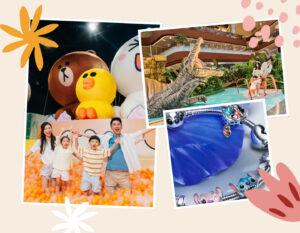

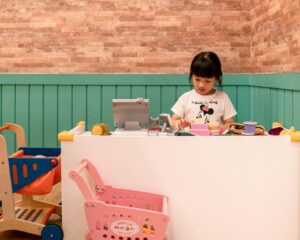
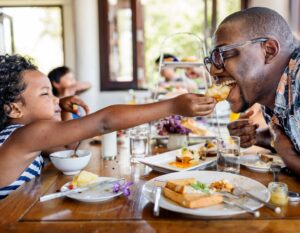

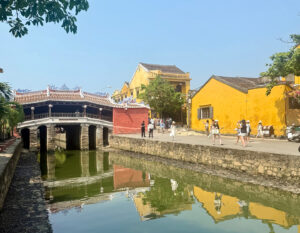

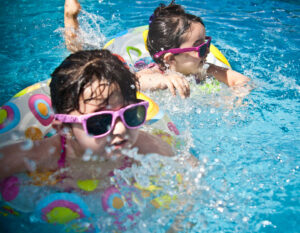
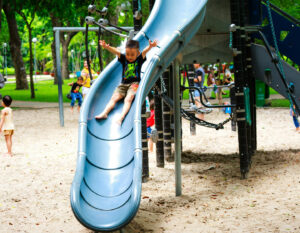
 View All
View All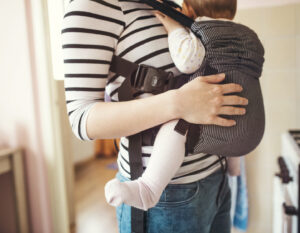
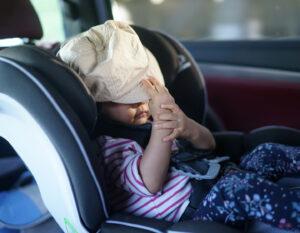
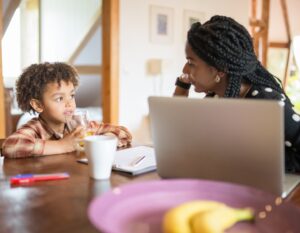

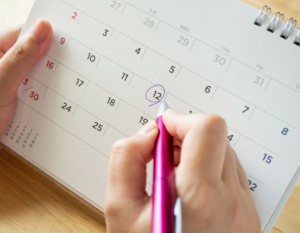
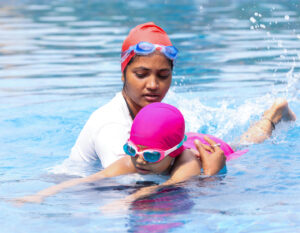
 View All
View All


 View All
View All
